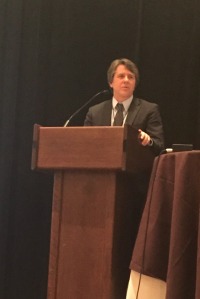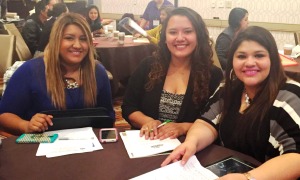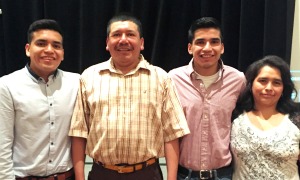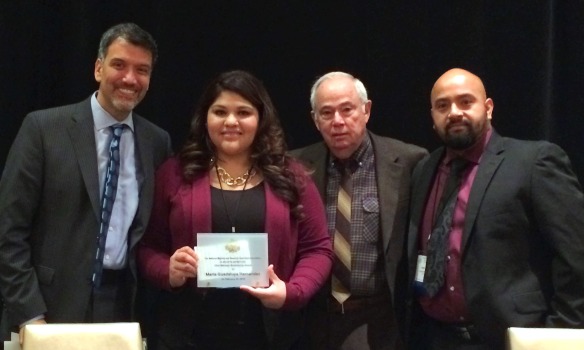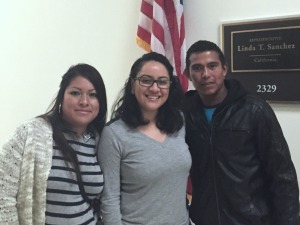On September 1, the Office of Head Start published the final updates to the Head Start Program Performance Standards, which describe what is needed to deliver comprehensive, high-quality individualized services to support the school readiness and healthy development of children from low-income families. According to OHS, the new standards announced last week are the first comprehensive revision of the Head Start Program Performance Standards since they were originally published in 1975. The final rule aims to capitalize on the advancements in research, available data, as well as input from Head Start grantees and the public input in order to accomplish the critical goal of helping Head Start reach its full potential so that more children reach kindergarten ready to succeed. You can view Secretary of Health and Human Services Sylvia Burwell announce the new rules in the video below.
Head Start grantees and other stakeholders were invited to submit comments on the proposed updates Head Start Program Performance Standards in June 2015 through the OHS notice of proposed rulemaking (NPRM). ECMHSP wanted to ensure that our farmworker families were informed about these proposed changes and were given the opportunity to provide meaningful input. After all, as many parents pointed out, they know better than anyone what their needs are, and their children are affected the most by these decisions.

While their parents work in the fields, ECMHSP provides these smiling children high-quality Head Start services.
ECMHSP staff presented the proposed changes to the ECMHSP Policy Council –which is comprised of farmworker parents representing all of our service regions and members of the community– during the Summer Policy Council Orientation and Meeting in August 2015. Parents from the Policy Council had concerns about the proposed rule changes and wanted their comments to be presented to the OHS. ECMHSP collected thoughtfully-written comments and passionate audio recordings in which parents shared their support for some of the proposed changes, as well as disagreements with other proposed changes and why they thought it might hurt their programs.
One of the proposed changes that caused the most concern with farmworker parents was the removal of the requirement for each Head Start center to have a parent committee. Parents worried that some centers would choose to eliminate the parent committee and diminish their role in the Head Start program. Many of the parents shared how they rely on parent committees to receive in-depth information about their center’s program operations and feel these formal committees are necessary to provide their input.
The collected comments from farmworker parents were shared with the National Migrant and Seasonal Head Start Association, of which ECMHSP is a member, and helped shape the comments that were submitted to the OHS on behalf of the Association.

ECMHSP’s Policy Council, comprised of farmworker parents and members of the community, voiced their concerns with the proposed Head Start Performance Standards.
After reviewing the final changes to the Head Start Program Performance Standards, ECMHSP is pleased to see the OHS recognized the concerns and comments of Head Start parents, and even referenced to their comments in the publishing of the final rule. Thanks to the active participation of our farmworker parents, parent committees will remain a required mandate for every Head Start program. Agencies will retain the parents’ critical decision-making role as leaders in the program governance and operations. Parents voiced their support for other changes in the new Head Start Performance Standards as well, including the discretion to allow members of the Policy Council to serve a maximum of five one-year terms, up from the current maximum of three one-year terms.
The new Head Start Program Performance Standards outline improvements to ensure:
- effective teaching and learning in the Head Start classrooms;
- expanded time for learning and healthy development;
- strengthened and comprehensive Head Start services and family engagement;
- the health and safety of Head Start Children; and
- effective management and continuous improvement of Head Start programs.
We are grateful to all of our Policy Council members that provided us with their concerns, submitted their thoughts on the issues, and shared their stories from their community. Our parents’ voice is a critical component to ECMHSP success and played a central role in the comments submitted to the OHS.
You can read the Head Start Program Performance Standards final rule here.













